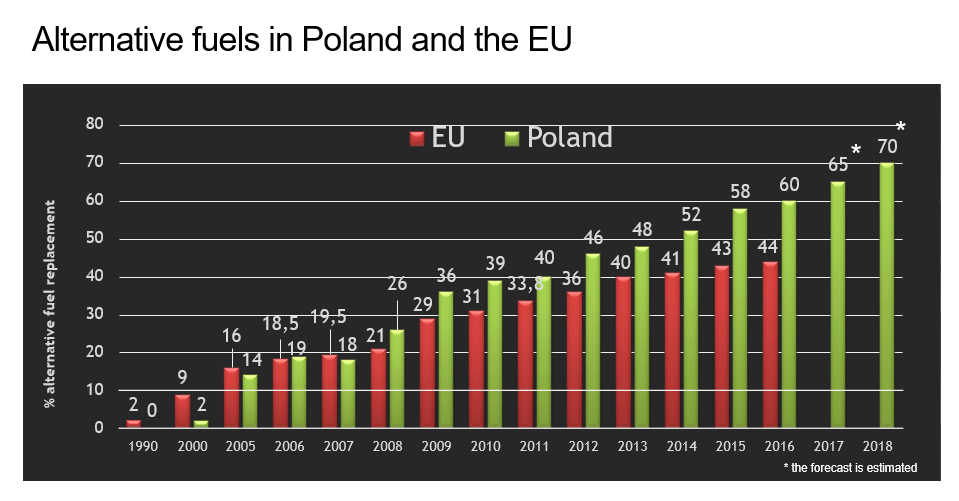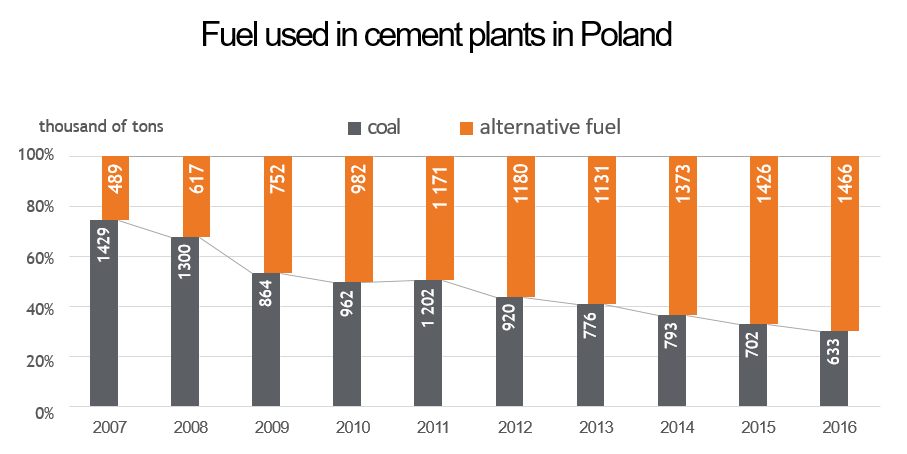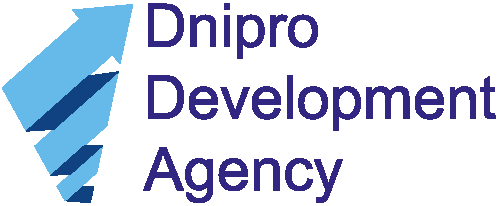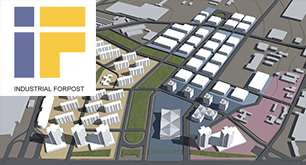“Ukraine must have its own striking examples of an effective waste management system,” says Volodymyr Panchenko, Doctor of Economics and Director of the Dnipro Development Agency, – like the Central Region in Poland. Warmian-Masurian Voivodeship is divided into several regions, each of which has its own center – the Regional Municipal Waste Management System (RIPOK). 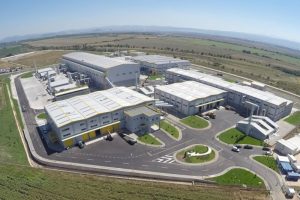 In the Central District, it is a municipal waste treatment plant in Olsztyn (ZGOK). ZGOK accepts most of the waste generated in the household. ZGOK receives both mixed and sorted waste. This station serves 500,000 people, burying treated waste at a landfill 100 km from the city (not even at the processing plant itself, which is used to in Ukraine). Just think about this figure, 8% of the accepted waste, which is inert, odorless, and environmentally friendly materials will be disposed of at the landfill. In Olsztyn itself, there is not even a landfill right next to the waste treatment plant, because it is not needed”.
In the Central District, it is a municipal waste treatment plant in Olsztyn (ZGOK). ZGOK accepts most of the waste generated in the household. ZGOK receives both mixed and sorted waste. This station serves 500,000 people, burying treated waste at a landfill 100 km from the city (not even at the processing plant itself, which is used to in Ukraine). Just think about this figure, 8% of the accepted waste, which is inert, odorless, and environmentally friendly materials will be disposed of at the landfill. In Olsztyn itself, there is not even a landfill right next to the waste treatment plant, because it is not needed”.
Before the Dnipro Development Agency proposed a project to build a waste treatment complex, the specialists visited a municipal waste treatment plant in the Polish city of Olsztyn, where they were acquainted in detail with their work.
ZGOK Olsztyn sp z o.o. – The mechanical-biological complex – is a regional municipal plant with the reproduction of the central district of Warmian-Masurian Voivodeship. It was also built during 2013-2015. It currently supports 37 communes with the population out of 500,000.
The complex in Olsztyn specializes in manufactured RDF (solid recovered fuel), which is then transferred to cement plants. It is important to note that these complexes are self-sustaining. But there is a nuance in the tariff. Tariff formation in Poland is in place. Local governments form their economically advantageous tariffs by studying the morphology of waste, the established system of waste collection and processing. Waste treatment facilities at the expense of the tariff earn on their activities and even have a small profit. By the way, in Poland, there were also issues of environmental safety in communication with residents, but local governments informed them that it is much more dangerous when waste lies in landfills untreated. Therefore, it is necessary to build such facilities in order to convert part of the waste into recyclable materials, which will be used for further processing, and, accordingly, reduce waste generation at landfills.
The Polish experience shows how important it is to inform residents with truthful information about waste treatment and what the possible benefits of this process are. For a long time, various pseudo-specialists told us that the garbage business is very profitable. And if you sell broken bottles, plastic and paper, it will bring big money. It is not true. All waste treatment business is carried out at the expense of what the residents pay. Here the principle works – “the polluter pays”. In addition, the share of sold materials is only 10% of the company’s income. The cost of recycling 1 ton of waste at the plant is about 100 euros (including depreciation of equipment). If each person produces 0.3 tons of waste per year, then everyone has to pay 30 euros per year for waste treatment, i.e. 2.5 euros per month. It is also important to understand that the European Union, very often in the form of grants, paid the biggest share of Polish plants construction financing and we in Ukraine have to raise loans. 30 years ago, Poles knew where they wanted to go. And we all thought, whether to the East or to the West.
Great attention to environmental education should also be paid. In two years, to support explanation and training about 10 million euros have been spent in Poland. Information is conveyed in an accessible, unobtrusive way. In the first period, the rules for sorting would change, because previously garbage was divided only into dry and wet, it was said. After that, sorting into 5 different types was to take place and, accordingly, six months were warned about it everywhere: in administrative services centers, schools, kindergartens. The cartoon character «Supersorter» was even a frequent visitor to holidays in different parts of the city. Poles set up special stands, collected the most common questions of residents, and provided answers to them. What to do if you have a small kitchen, do you need to wash the bottles before throwing them away? Therefore, if we sort, if we have the appropriate conditions for this, then accordingly, there will not be so many landfills. Even in Poland, this path was quite long, initially sorting into two species, now into five species. In addition, if we now want to reduce the amount of waste that we produce and that is then disposed of in landfills, we must start sorting now.